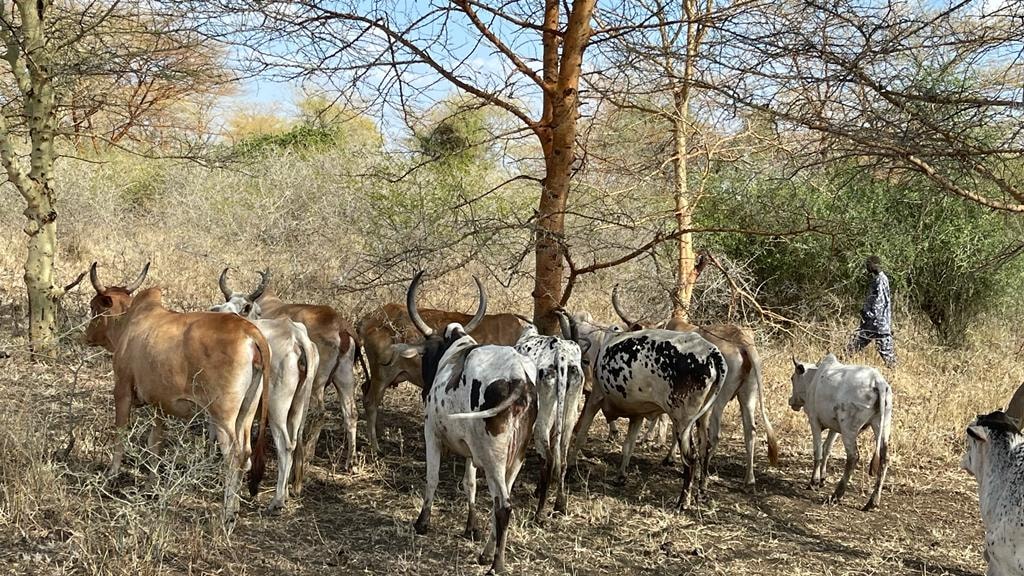By Tapeng Michael Ohure
Farming in refugee camps is always complimentary to the food the refugees get from the United Nations. The Ethiopian refugees sheltering in Juba-Gorom refugee settlement camp are doing cultivation annually to add on to what the UN provides. The Anyuak refugees were relocated from Pochalla to Lologo and Gorom areas in Juba before South Sudan gained its independence in 2011.
According to the UNHCR, Gorom refugee camp has 200,020 refugees and the camp was established in 2010.
The refugees and the host communities in Gorom did not farm last year due to continuous cattle migration into the area.
“We have the issue of migration of cattle keepers near us, and near our farmland is a serious threat affecting our farming activities. This resulted in no cultivation last year by both refugees and host communities in this area,” Gorom refugees camp Chairman Ojullu Ochan Ochan said.
Ojullu added they are embarking on cultivation because the money they get monthly inform of food ratios in the camp is not meeting the current market prices in Juba.
“Another issue is food has been reduced in which the food ratio has been changed to cash, but the problem is the money does not meet the current prices in the market,” he added.
The over 200,000 refugees in Gorom refugee camp are on the brink of not cultivating again this year like last year according to the camp Chairman Ojullu Ochan Ochan.
While addressing journalists during his visit to Gorom refugee camp on Friday, South Sudan’s Minister of Interior, Mahmoud Solomon Agook said his office will ensure the safety and welfare of the refugees is taken care of.
“For us in the ministry of interior, your welfare, your life is under us. We must make sure that you are in a safe place with good security. We must ensure that UNHCR and other NGOs that are in the camp here are supplying you with food, health services, education and other essential services,” Interior Minister Mahmoud Solomon Agook said.
Lt.Gen. Bol John Akot, Commissioner for the Commission for Refugees Affairs in South Sudan said a special police unit will be deployed to keep the security of the refugees in the area.
“We have heard the complaints from your chairman and we are going to solve these complaints with those of UNHCR and the minister of interior and the commissioner for refugees. We are happy because some complaints from you are going to be easily solved by the minister of interior. Also the minister has come here in order to go and prepare a police force to keep the security for the refugees only and soon we are going to recruit the police for the refugees,” Lt.Gen. Bol John Akot assured the refugees in Gorom on Friday.
There are over 1.3 million herds of cattle across South Sudan according to the government recent projection. This is more than the human population of South Sudan.
Cattle migration in South Sudan is one of the main contributing factors to hunger and communal violence in parts of the country. It has disrupted farming in Magwi County of Eastern Equatoria as well as parts of Central Equatoria States.
The governor of Eastern Equatoria was summoned to appear before the Council of States on Wednesday regarding cattle influx in Magwi County and during his presentation, he recommended the parliamnet to come up with national policies to regulate cattle movements from one state top another.
On Friday, a high level delegation led by the South Sudan’s Minister of Interior, and accompanied by the Commissioner for Refugee Affairs (CRA) and UNHCR Deputy Country Representative made a courtesy visit to the area. The mission was meant to strengthen partnerships, foster a stronger cooperation among different interlocutors, and enhance security conditions for the refugees.










